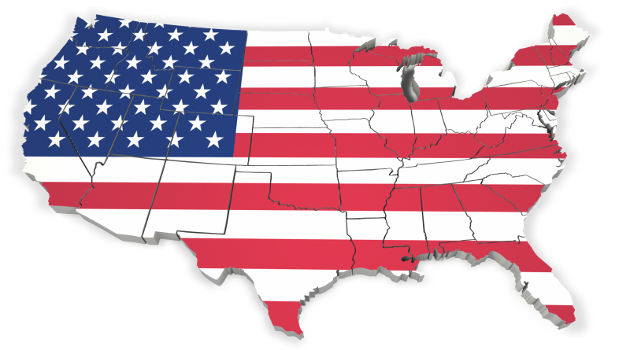
by Dan Mitchell | Jan 27, 2022 | Blogs, Free Market
There were many notable tweets in 2021. The tweet of the yearThe most morally reprehensible tweetThe most depressing tweet (for the left)The best counter-tweet I realize there are still more than 11 months left in 2022, but we may have a...

by Dan Mitchell | Jan 8, 2022 | Blogs, Economics, Free Market
I have shared five videos (Part I, Part II, Part III, Part IV, and Part V) that make the case for capitalism. Here’s a sixth example. The video notes that poverty was the natural condition for humanity (notwithstanding the economic...

by Dan Mitchell | Jan 6, 2022 | Blogs, Economics, Free Market, Welfare and Entitlements
I created the Eighth Theorem of Government to illustrate the difference between well-meaning people (who want to help the poor) and zero-sum people (who seem to think some people are poor because other people are rich). This raises the...

by Dan Mitchell | Jan 5, 2022 | Blogs, Economics, Free Market
As I warned a few days ago, Biden’s so-called Build Back Better plan is not dead. There’s still a significant risk that this economy-sapping plan will get enacted, resulting in big tax increases and a larger burden of government spending....

by Dan Mitchell | Dec 30, 2021 | Blogs, Free Market
A new edition of the Human Freedom Index has been released. When you combine measures of personal freedom and economic freedom, the “sensible nation” of Switzerland is at the top of the rankings. I don’t know if this means we should view...






